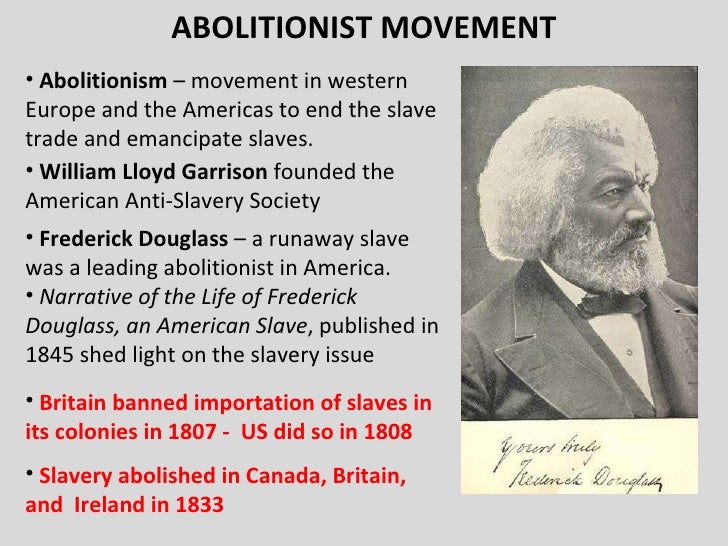
Suddenly, Purnell was asking the probing, critical questions that are typical - and often integral - to an individual’s abolitionist initiation: What would a world without police look like? Is that something we are able to imagine and willing to fight for? It wasn’t until Purnell entered law school, when she was in community with other organizers, that police abolition became a more serious idea in her mind. She had seen and experienced physical and sexual violence throughout much of her life, and the thought of erasing the entity that was purportedly meant to protect her and her loved ones filled her with fear, as it does for so many Americans. Still, as she entered college, Purnell wasn’t ready to imagine a world without police. In high school, Purnell once witnessed an officer break up a fight between two students by punching one boy so hard in the ear that he fell to the floor in pain. Louis public schools, on-campus police or “school resource officers” lined the hallways. Cops were everywhere and police violence, unavoidable. Louis, Missouri, Purnell and others in her community, not having access to other resources, called 911 for almost every issue police accompanied paramedics or arrived alone. Growing up in an underfunded, predominantly Black neighborhood in St. These are just a few of the reasons that Derecka Purnell, an organizer, journalist, and human-rights lawyer currently based in Washington, D.C., used to call the police.


Nosebleeds and asthma attacks from unsafe and polluted air.


 0 kommentar(er)
0 kommentar(er)
